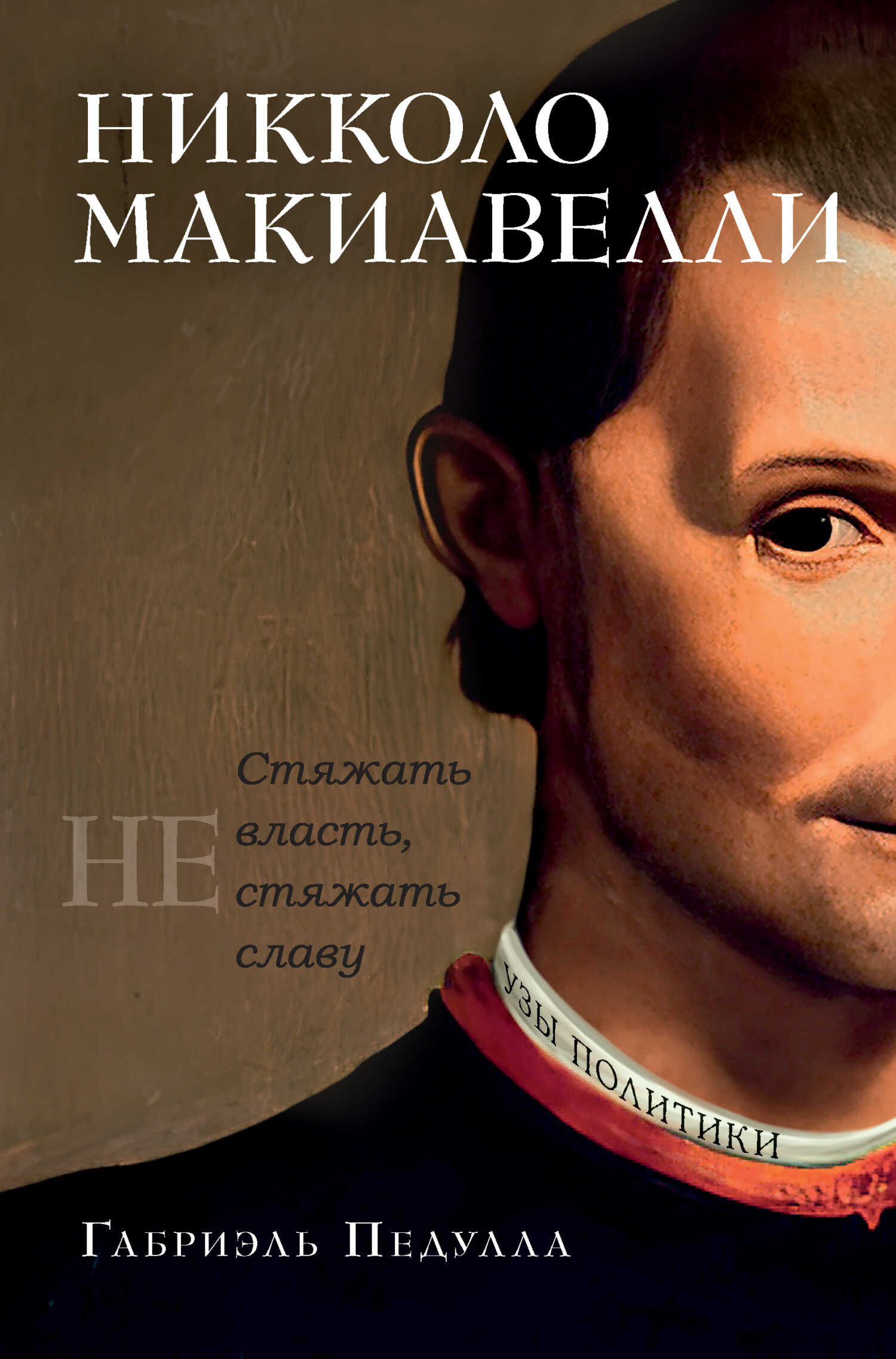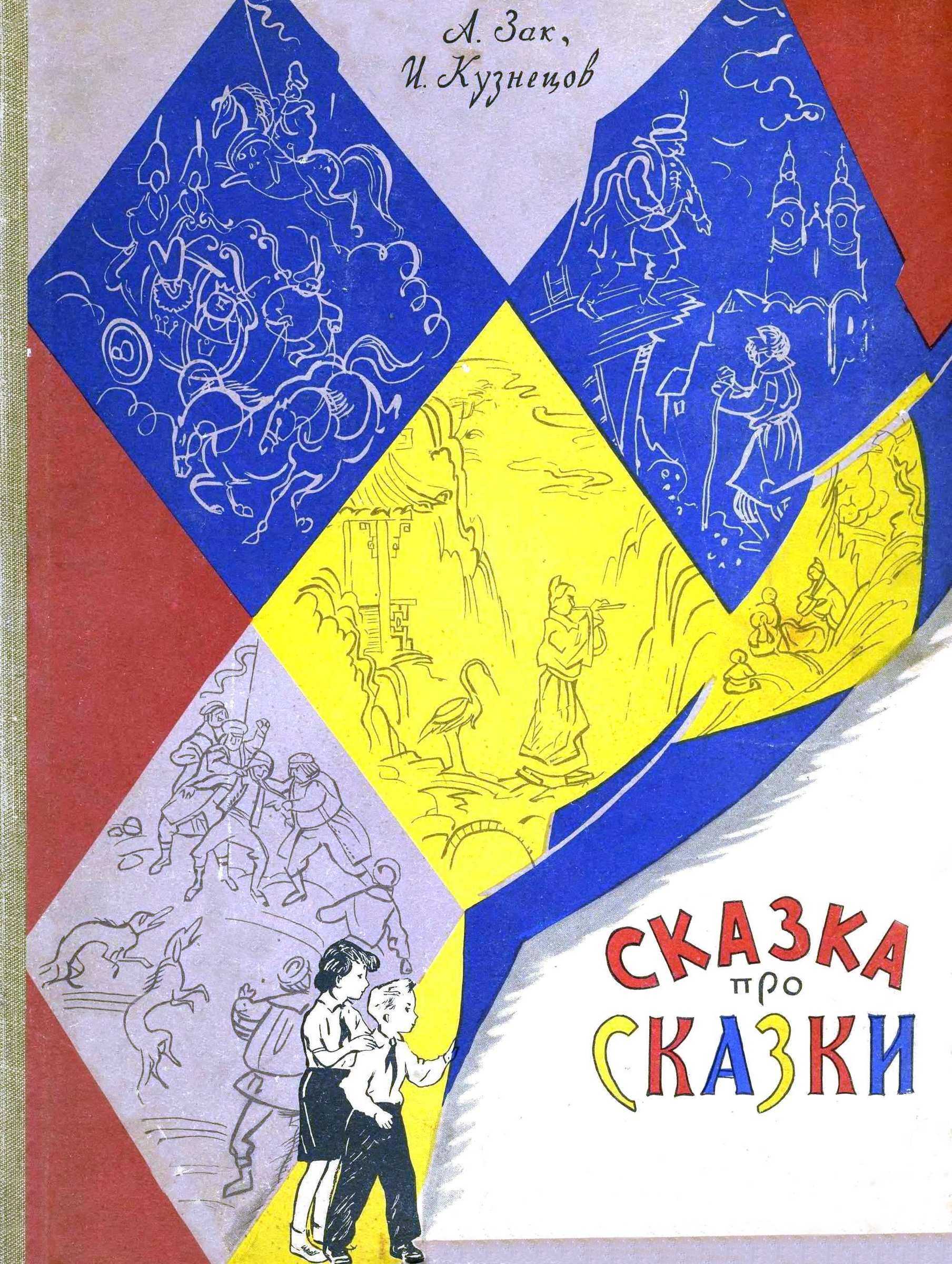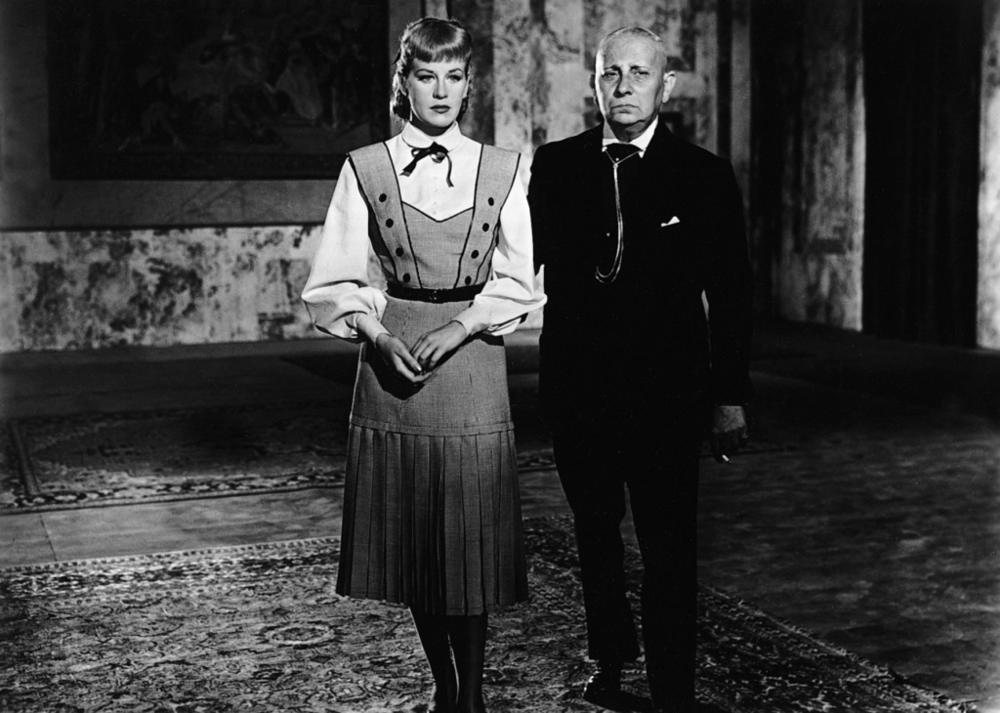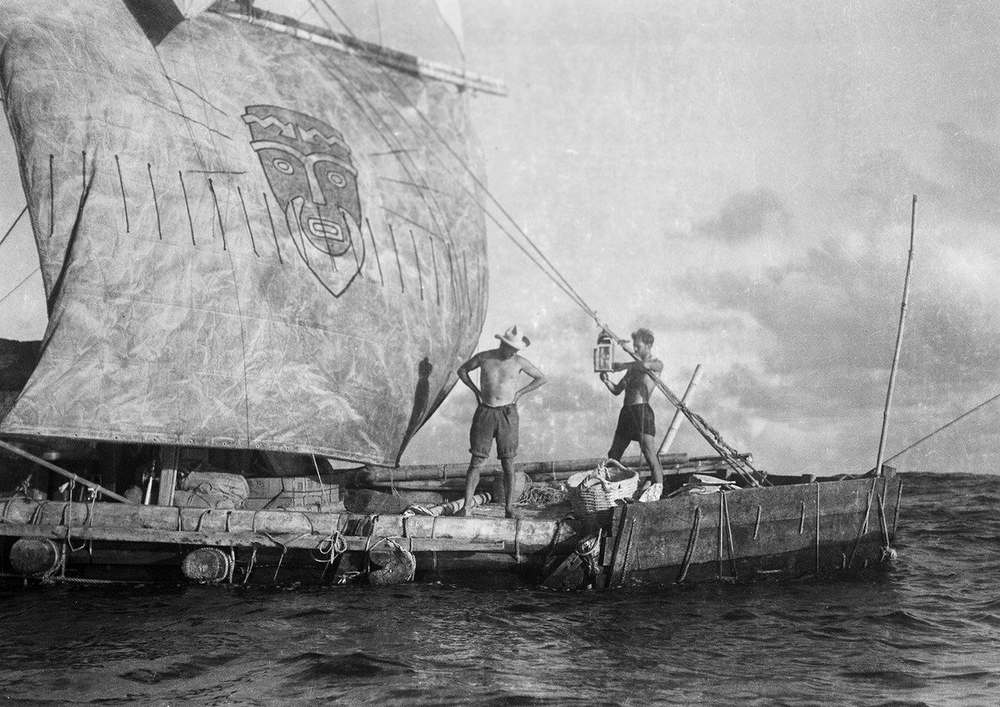Сталин. Том 2. В предчувствии Гитлера, 1929–1941 - Стивен Коткин
Книгу Сталин. Том 2. В предчувствии Гитлера, 1929–1941 - Стивен Коткин читаем онлайн бесплатно полную версию! Чтобы начать читать не надо регистрации. Напомним, что читать онлайн вы можете не только на компьютере, но и на андроид (Android), iPhone и iPad. Приятного чтения!
Шрифт:
Интервал:
Закладка:
Wagener, Otto. Memoirs of a Confidant. New Haven, CT: Yale University, 1985.
Wager, Elisabeth, ed. Der Generalquartiermeister: Briefe under Tagebuchaufzeichnungen des Generalquartiermeisters des Heeres der Artillerie Eduard Wagner. Munich: Günter Olzog, 1963.
Waldenegg, Georg Christoph Berger. «Hitler, Göring, Mussolini und der ‘Anschluss’ Österreichs an das Deutsche Reich», Vierteljahreshefte für Zeitgeschichte, 51/2 (2003): 147–82.
Walker, Michael W. The War Nobody Knew: Chinese Nationalism and the 1929 Sino-Soviet Conflict. Lawrence: University Press of Kansas, 2016.
Walker, Thomas. «Children Starve among the Soviet Dead», New York Evening Journal, 19.02.1935.
Walt, Stephen. «Revolution and War», World Politics, 44/3 (1992): 321–68.
Walters, F. P. A History of the League of Nations. 2 vols. New York: Oxford University, 1952.
Waltz, Kenneth N. Theory of International Relations. Reading, MA: Addison-Wesley, 1979.
Wandycz, Piotr S. «Polish Foreign Policy: An Overview», In Poland between the Wars: 1918–1939, edited by Timothy Wiles. Bloomington: Indiana University Polish Studies Centre, 1989, 65–73.
_____. «Polish Foreign Policy: Some Observations», Polish Review, 20/1 (1975): 58–63.
_____. The Twilight of French Eastern Alliances, 1926–1936: French-Czechoslovak-Polish Relations from Locarno to the Remilitarization of the Rhineland. Princeton, NJ: Princeton University, 1988.
Wańkowicz, Melchior. Po klęsce: Prószyński i Spółka. Warsaw, 2009.
Wark, Wesley K. The Ultimate Enemy: British Intelligence and Nazi Germany, 1933–1939. Ithaca, NY: Cornell University, 1985.
Warlimont, Walter. Im Hauptquartier der deutschen Wehrmacht 1939–1945. Frankfurt am Main: Bernard & Graefe, 1962.
_____. Inside Hitler’s Headquarters, 1939–45. London: Weidenfeld and Nicholson, 1964.
Watson, Derek. «Molotov’s Apprenticeship in Foreign Policy: The Triple Alliance Negotiations in 1939», Europe-Asia Studies 52/4 (2000): 695–722.
_____. Molotov: A Biography. Houndmills, Basingstoke: Palgrave Macmillan, 2005.
_____. «The Politburo and Foreign Policy in the 1930s». In The Nature of Stalin’s Dictatorship: The Politburo, 1924–1953, edited by E. A. Rees. Houndmills, Basingstoke: Palgrave Macmillan, 2004, 134–67.
Watt, Donald Cameron. «British Intelligence and the Coming of the Second World War in Europe». In Knowing One’s Enemies: Intelligence Assessment before the Two World Wars, edited by Ernest R. May. Princeton, NJ: Princeton University, 1984, 237–70.
_____. «The Initiation of the Negotiations Leading to the Nazi-Soviet Pact: a Historical Problem». In Essays in Honour of E. H. Carr, edited by C. Abramsky. London: Archer, 1974, 152–70.
_____. «Who Plotted against Whom? Stalin’s Purge of the Soviet High Command», Journal of Soviet Military Studies, 3/1 (1990): 46–65.
_____. How War Came: The Immediate Origins of the Second World War, 1938–1939. London: Heinemann, 1989.
Watts, Larry. Romanian Cassandra: Ion Antonescu and the Struggle for Reform, 1916–1941. Boulder, CO: East European Monographs, 1993.
Weber, H. «Weisse Flecken» in der Geschichte: Die KPD — Opfer der Stalinschen Säuberungen und ihre Rehabilitierung. Frankfurt am Main: Isp-Verlag, 1989.
Wegner-Korfes, Siegfried. «Ambassador Count Schulenburg and the Preparations for ‘Barbarossa.’» In From Peace to War: Germany, Soviet Russia, and the World, 1939–1941, edited by Bernd Wegner. Providence, RI, and Oxford, UK: Berghahn, 1997, 187–204.
Weinberg, Gerhard L. «A Proposed Compromise over Danzig in 1939?» Journal of Central European Affairs, 14/4 (1955): 334–8.
_____. «German Foreign Policy and Poland, 1937–38», Polish Review, 20/1 (1975): 5–23.
Weinberg, Gerhard L. «Germany, Munich, and Appeasement». In Germany, Hitler, and World War II: Essays in Modern Germany and World History. New York: Cambridge University, 1995, 109–20.
_____. «Hitler and England, 1933–1945». In Germany, Hitler, and World War II: Essays in Modern Germany and World History. New York: Cambridge University, 1995, 85–94.
_____. «The Nazi-Soviet Pacts: A Half-Century Later», Foreign Affairs, 68/4 (1989): 175–89.
_____. A World at Arms: A Global History of World War II. Cambridge, UK: Cambridge University, 1995.
_____. Germany and the Soviet Union, 1939–1941. Leiden: E. J. Brill, 1954.
_____. Hitler’s Foreign Policy: The Road to World War II, 1933–1939. New York: Enigma, 2005.
_____. The Foreign Policy of Hitler’s Germany, 2 vols. Chicago: University of Chicago, 1970, 1980.
_____, ed. Hitler’s Table Talk, 1941–1944: His Private Conversations. New York: Enigma, 2008.
Weissberg-Cybulski, Alexander. The Accused. New York: Simon & Schuster, 1951.
Weissman, Susan. Victor Serge: The Course Is Set on Hope. New York: Verso, 2001.
Weizsäcker, Ernst von. Erinnerungen. Munich: List, 1950.
_____. Memoirs. London: Victor Gallancz, 1951.
Welles, Sumner. The Time for Decision. New York: Harper, 1944.
Wells, H. G. Experiment in Autobiography: Discoveries and Conclusions of a Very Ordinary Brain (Since 1866). London: Viktor Gollancz, 1934.
Wendt, B. J. Grossdeutschland: Aussenpolitik und Kriegsvorbereitung des Hitlers Regime. Munich: Deutscher Taschenbuch Verlag, 1987.
Werner, Max. The Military Strength of the Powers: A Soldier’s Forecast for Citizens. New York: Modern Age, 1939.
Werth, Alexander. Russia at War, 1941–1945. London: Barrie and Rockliff, 1964.
Werth, Nicolas. «La famine au Kazakhstan 1931–1933. Le rapport à Staline du 9 mars 1933», Communisme, 74–5 (2003): 9–41.
_____. «Stalin’s System during the 1930s». In Stalinism and Nazism: History and Memory Compared, edited by Henry Rousso. Lincoln: University of Nebraska, 1999, 29–55.
_____, and Gaël Moullec. Rapports secrets soviétiques: la société russe dans les rapports confidentiels, 1921–1991. Paris: Gallimard, 1995.
_____, et al., eds. The Black Book of Communism: Crimes, Terror, Repression. Cambridge, MA: Harvard University, 1999.
West, Nigel. MI6: British Secret Intelligence Operations, 1909–1945. London: Weidenfeld and Nicolson, 1983.
_____, and Oleg Tsarev. The Crown Jewels: The British Secrets at the Heart of the KGB Archives. New Haven, CT: Yale University, 1999.
Westermann, Edward B. Hitler’s Police Battalions: Enforcing Racial War in the East. Lawrence: University Press of Kansas, 2005.
Westwood, J. N. Soviet Locomotive Technology during Industrialization, 1928–1952. London: Macmillan, 1982.
Whaley, Barton. Codeword Barbarossa. Cambridge, MA: MIT, 1973.
Wheatcroft, Stephen G. «Agency and Terror: Evdokimov and Mass Killing in Stalin’s Great Terror», Australian Journal of Politics and History, 53/1 (2007): 20–44.
_____. «From Team-Stalin to Degenerate Tyranny». In The Nature of Stalin’s Dictatorship: The Politburo, 1924–1953, edited by E. A. Rees. Houndmills, Basingstoke: Palgrave Macmillan, 2004, 79–107.
_____. «On Assessing the Size of Forced Concentration Camp Forced Labour in the Soviet Union, 1929–1956», Soviet Studies, 33/2 (1982): 265–95.
Wheatcroft, Stephen G. «Victims of Stalinism and the Soviet Secret Police: The Comparability and Reliability of Archival Data», Europe-Asia Studies 51, no. 2 (1999): 315–45.
_____, and R. W. Davies. «Agriculture». In The Economic Transformation of the Soviet Union, 1913–1945, edited by Robert W. Davies, et al. New York:
Прочитали книгу? Предлагаем вам поделится своим отзывом от прочитанного(прослушанного)! Ваш отзыв будет полезен читателям, которые еще только собираются познакомиться с произведением.
Уважаемые читатели, слушатели и просто посетители нашей библиотеки! Просим Вас придерживаться определенных правил при комментировании литературных произведений.
- 1. Просьба отказаться от дискриминационных высказываний. Мы защищаем право наших читателей свободно выражать свою точку зрения. Вместе с тем мы не терпим агрессии. На сайте запрещено оставлять комментарий, который содержит унизительные высказывания или призывы к насилию по отношению к отдельным лицам или группам людей на основании их расы, этнического происхождения, вероисповедания, недееспособности, пола, возраста, статуса ветерана, касты или сексуальной ориентации.
- 2. Просьба отказаться от оскорблений, угроз и запугиваний.
- 3. Просьба отказаться от нецензурной лексики.
- 4. Просьба вести себя максимально корректно как по отношению к авторам, так и по отношению к другим читателям и их комментариям.
Надеемся на Ваше понимание и благоразумие. С уважением, администратор knigkindom.ru.
Оставить комментарий
-
 murka31 январь 16:48
хорошая,,нестандартные отношения..секс, любовь....
Секс-тренинг для булочки - Бетти Алая
murka31 январь 16:48
хорошая,,нестандартные отношения..секс, любовь....
Секс-тренинг для булочки - Бетти Алая
-
 murka31 январь 00:44
Зачиталась,книга 🔥,советую....
Пять желаний Софии - Наташа Фаолини
murka31 январь 00:44
Зачиталась,книга 🔥,советую....
Пять желаний Софии - Наташа Фаолини
-
 Raibaru_Tate30 январь 14:35
https://boosty.to/raibaru перевожу для себя всю серию, если интересно можете глянуть...
Искра вечного пламени - Пенн Коул
Raibaru_Tate30 январь 14:35
https://boosty.to/raibaru перевожу для себя всю серию, если интересно можете глянуть...
Искра вечного пламени - Пенн Коул










